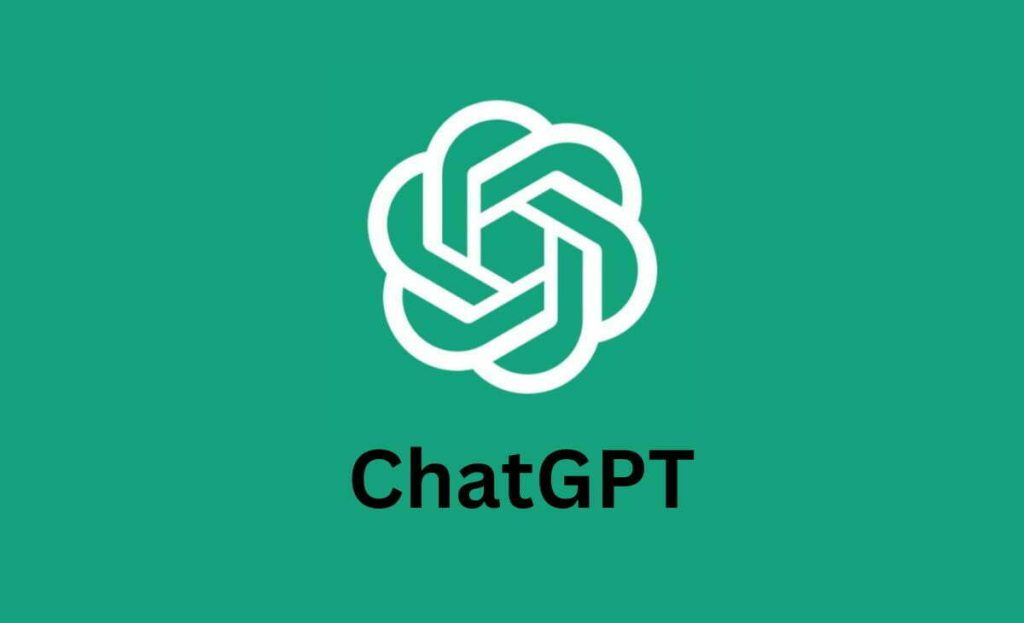A 158‑year‑old UK transport firm, KNP Logistics, has collapsed after falling victim to a crippling ransomware attack. Hackers exploited a single weak password to infiltrate its systems and encrypted critical data, rendering the company inoperable.
Cybercriminals linked to the Akira gang locked out staff and demanded what experts believe could have been around £5 million, an amount KNP could not afford. The company ceased all operations, leaving approximately 700 employees without work.
The incident highlights how even historic companies with insurance and standard safeguards can be undone by basic cybersecurity failings. National Cyber Security Centre chief Richard Horne urged businesses to bolster defences, warning that attackers exploit the simplest vulnerabilities.
This case follows a string of high‑profile UK data breaches at firms like M&S, Harrods and Co‑op, signalling a growing wave of ransomware threats across industries. National Crime Agency data shows these attacks have nearly doubled recently.
Would you like to learn more about AI, tech and digital diplomacy? If so, ask our Diplo chatbot!










